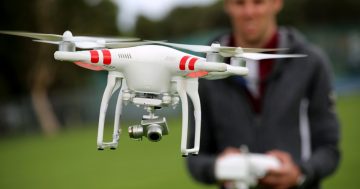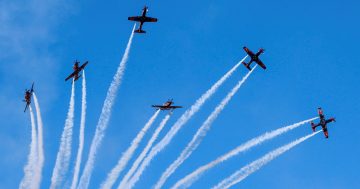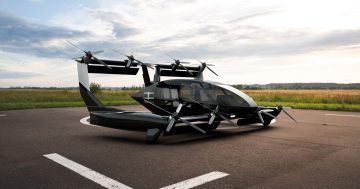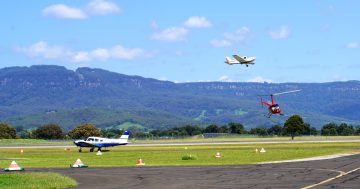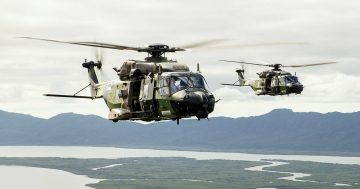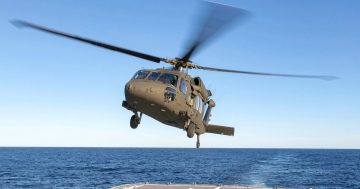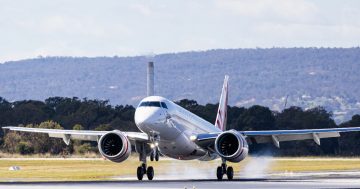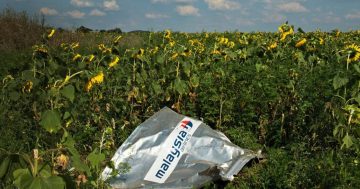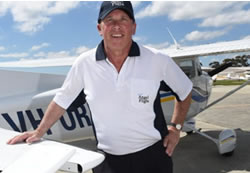 The Civil Aviation Safety Authority (CASA) has tightened the rules around volunteer aircraft pilots providing transport services to patients and their families in need of non-emergency medical treatment.
The Civil Aviation Safety Authority (CASA) has tightened the rules around volunteer aircraft pilots providing transport services to patients and their families in need of non-emergency medical treatment.
Chief Executive Officer and Director of Aviation Safety at CASA, Shane Carmody said that while the flights were important they were conducted by volunteer pilots free of charge and coordinated by charitable or community service organisations.
“Most community service flights are conducted by a single pilot in a small aircraft, flying long distances from regional and remote towns to the cities, carrying people with serious medical conditions,” Mr Carmody said.
“This puts a lot of responsibility and sometimes considerable pressure on the pilot. Many of these pilots hold only a private pilot licence.”
He said CASA had now set new minimum standards for pilots operating community service flights; identified the kinds of aircraft that could be used, and set appropriate maintenance and operating requirements.
“The centrepiece of the new safety standards is a requirement for pilots to have minimum appropriate flying experience before they undertake community service flights,” Mr Carmody said.
“The new standards make sure more experienced pilots will be at the controls of community service flights, with minimum requirements in total hours of flight time, hours as pilot in command and hours on the type of aircraft being flown,” Mr Carmody said.
“Pilots will also be required to have flown within the last 30 days and be instrument-rated to fly at night.”
He did not believe the new standards will have an adverse impact on the majority of operations of community service flights as most of the pilots already tended to be more experienced.


